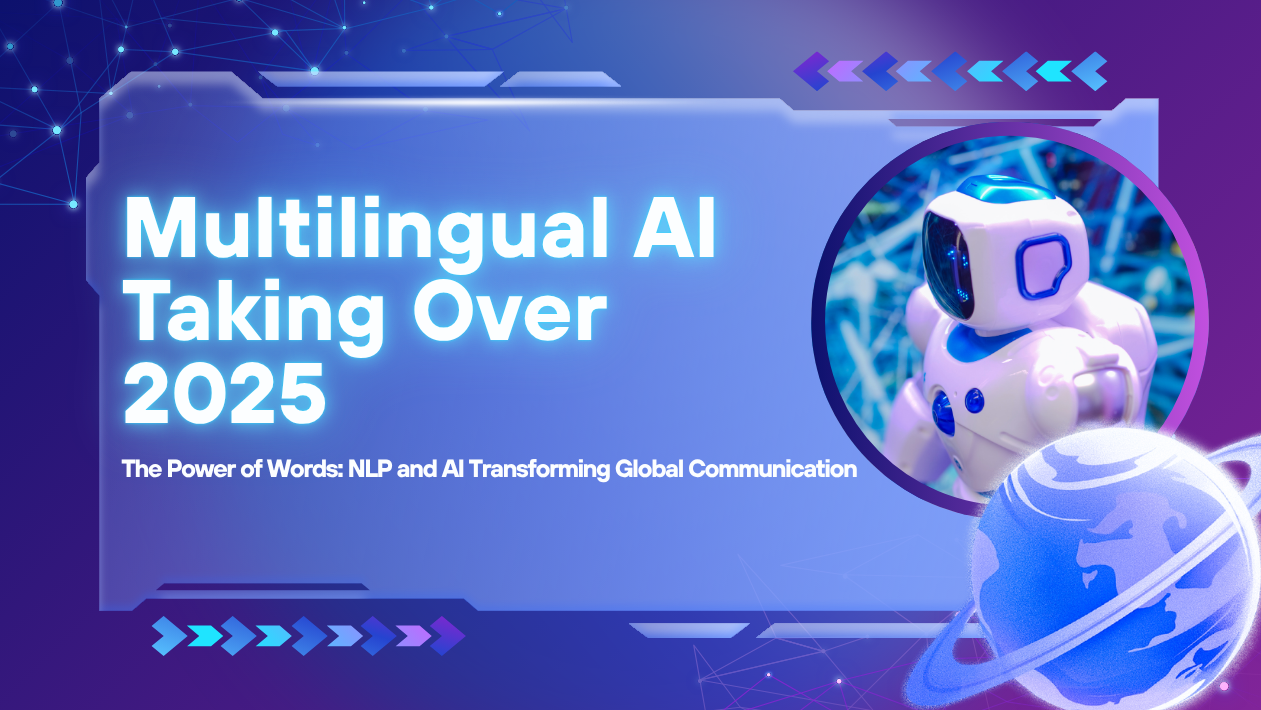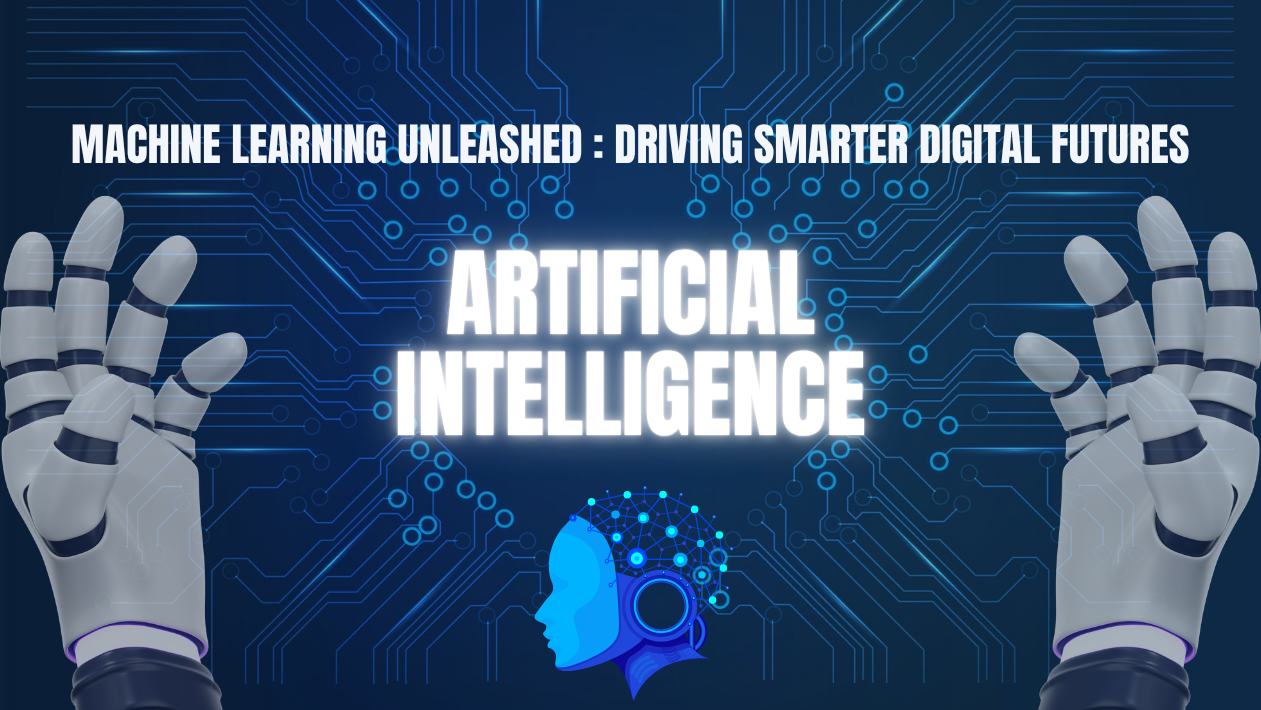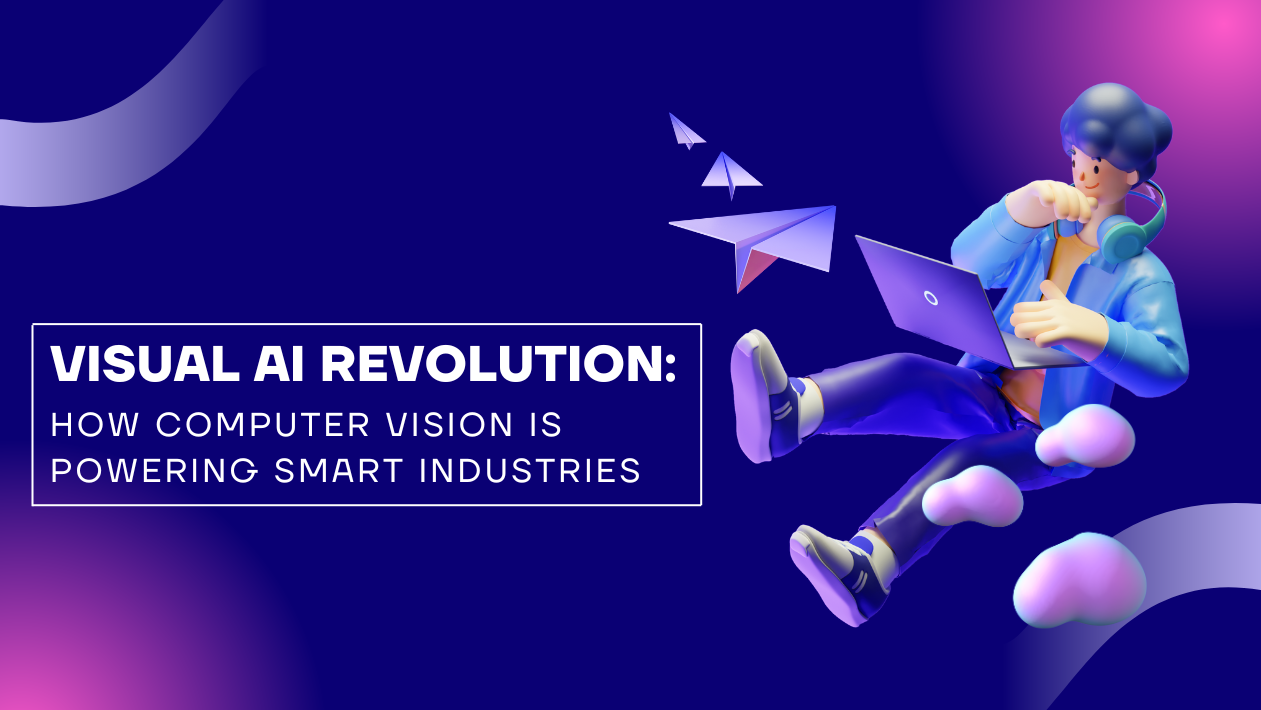Artificial Intelligence (AI) is no longer a futuristic concept for enterprises—it’s a strategic cornerstone. In 2025, businesses across industries are rapidly adopting AI to streamline operations, personalize customer experiences, optimize decision-making, and maintain a competitive edge in a fast-moving digital economy.
AI Adoption Surges Across Industries
From retail to real estate, AI adoption has accelerated as organizations look to boost efficiency and cut costs. According to a recent Gartner report, over 78% of large enterprises now use AI in at least one core business function, such as supply chain management, marketing, finance, or HR.
In manufacturing, predictive maintenance powered by AI is reducing downtime by up to 40%. In healthcare, AI-driven diagnostics and virtual assistants are transforming patient care. Meanwhile, banks and fintechs are using AI to detect fraud and automate compliance.
Intelligent Automation Becomes the New Normal
AI combined with robotic process automation (RPA) is driving what experts call intelligent automation. Businesses are automating repetitive tasks—such as invoice processing, report generation, and customer onboarding—freeing up human talent for high-value work.
Platforms like UiPath, Automation Anywhere, and Microsoft Power Automate are being deployed at scale, helping firms improve accuracy and speed while reducing labor costs.
Predictive and Prescriptive AI Power Smarter Decisions
AI-powered analytics tools are giving executives real-time, data-driven insights. Predictive AI models can now forecast market trends, supply disruptions, or customer churn with high accuracy—enabling businesses to respond proactively.
More advanced use cases include prescriptive AI, which not only forecasts what will happen but recommends actions to optimize outcomes—used widely in logistics, pricing strategy, and resource allocation.
AI-Powered Customer Experience Sets Brands Apart
AI is revolutionizing how businesses engage customers. With the help of chatbots, virtual assistants, and hyper-personalized recommendations, companies are delivering faster, more tailored experiences.
Retailers use AI to personalize product suggestions, financial firms provide robo-advisory services, and telecoms resolve customer issues through natural language bots—all powered by advanced natural language processing (NLP).
Challenges Remain: Talent, Trust, and Ethics
Despite rapid growth, businesses face challenges including AI talent shortages, data quality issues, and growing scrutiny around AI ethics and transparency. Enterprises are investing in AI literacy and governance frameworks to ensure responsible deployment.
Experts emphasize the importance of explainability and human oversight—particularly in industries dealing with sensitive data.
The Road Ahead: AI as a Core Business Competency
AI in business is no longer about experimentation—it’s about transformation. Organizations that embed AI into their DNA will be the ones to lead in efficiency, innovation, and customer loyalty over the next decade.
As AI matures, the businesses of 2030 will look vastly different than those of today—leaner, smarter, and more adaptive than ever before.





